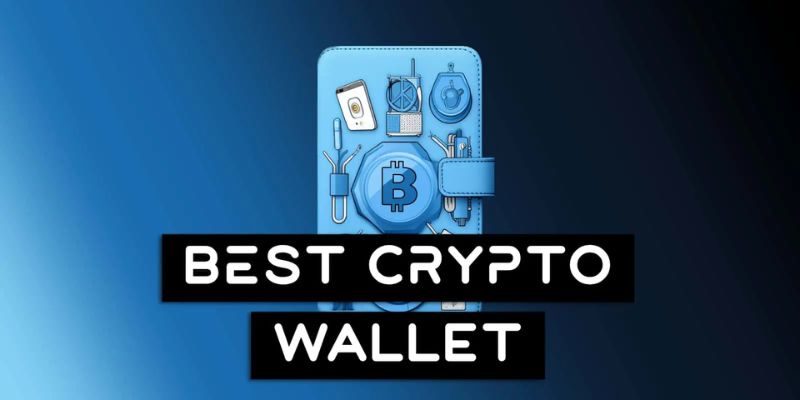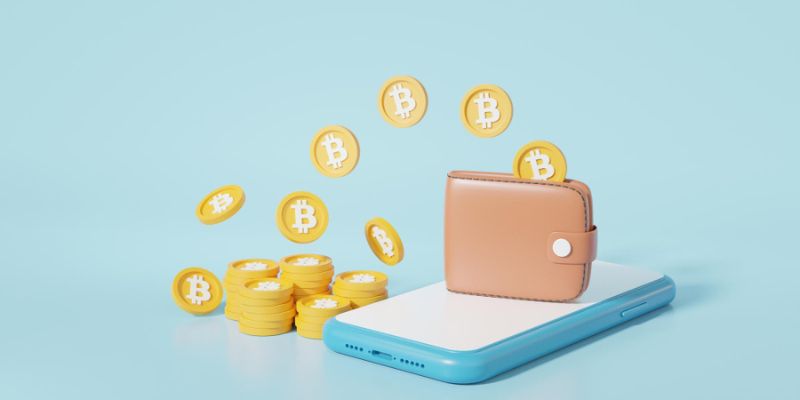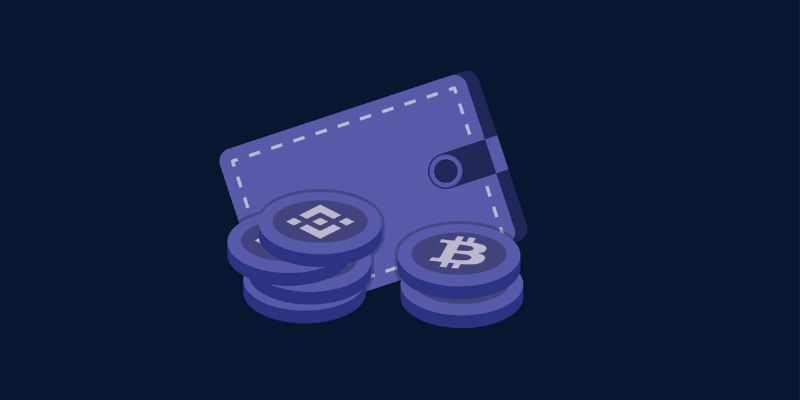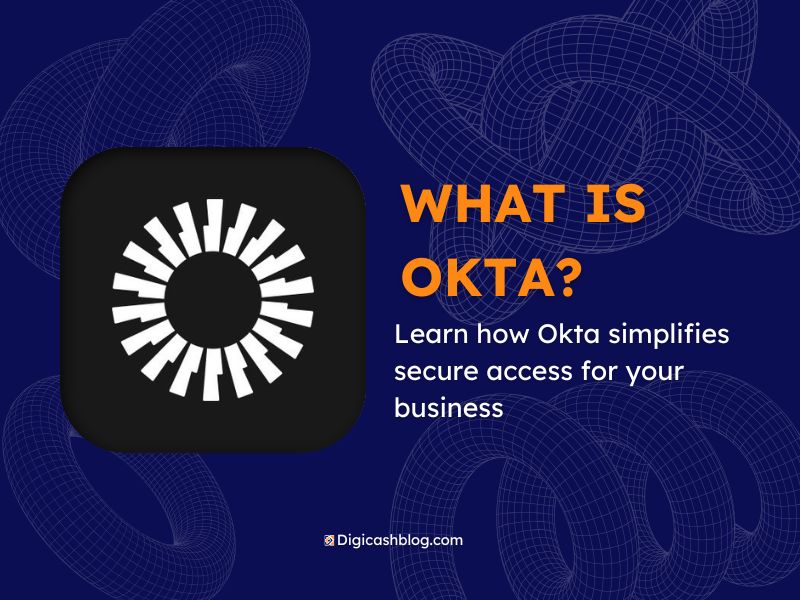Diving into the digital currency world? You need the best crypto wallets for beginners. Imagine one that locks tight like a safe but opens easy as your fridge. That’s what I’m serving up today. With cyber pickpockets lurking, you’ll want your digital coins as secure as a vault. But let’s be real, if it’s as complex as rocket science, you’ll never use it, right? I’ve got you! Walkthrough wallet types, setting them up, picking the perfect one, and nailing security – all without breaking a sweat. Let’s turn you into a crypto wallet whiz!
Understanding Crypto Wallet Types for Beginners
Hardware vs. Software Wallets: Finding Your Fit
Think of wallets like your own crypto bank. You pick one based on needs. Now, let’s talk hardware versus software wallets. Hardware wallets are like safe boxes. They keep your crypto offline, away from hackers. Software wallets, on the other hand, are like wallets in your pocket. They’re programs on devices like phones or computers.
Are hardware wallets safer than software? Yes. Because they stay offline, it’s harder for bad guys to reach your coins. But they can be pricey and not as quick to use.
On the flip side, software wallets are free and easy to get. You can move coins fast, but they’re online. So, there’s a touch more risk. Still, using strong passwords and being smart online keeps you safe.
The Hot Wallet Versus Cold Wallet Debate
Let’s dive into the hot and cold wallet talk. Hot wallets are always online. Just like email, ready to use all the time. Cold wallets are not. They’re like your safe, only open when you choose.
Hot wallets make trading and spending crypto easy. But just like your email can get spam, hot wallets can see trouble if not used with care.
Cold wallets are great for saving crypto longer. Imagine not having to worry much about thieves. But they’re not quick to use for daily spending.
Think about how you’ll use your crypto. If you’ll trade a lot, maybe a hot wallet fits you. But if you’re saving up, a cold wallet might be your buddy. Remember, having both isn’t bad at all. It’s like having pockets for daily cash, and a bank for your big money. Choose based on your crypto plans.
Knowing where to start helps a bunch. And hey, we all start somewhere. So pick what feels right, keep learning, and your crypto journey’s off to a bright start.
Setting Up Your First Crypto Wallet
Step-by-Step Crypto Wallet Tutorials for Beginners
Let me walk you through getting your first crypto wallet. It’s like a digital bank account, but for cryptocurrencies such as Bitcoin and Ethereum. First, pick a wallet type. Mobile and desktop wallets are great for starters. They’re free and easy to use.
Look for a user-friendly wallet that supports multiple coins. This means it can hold different types of digital money. Trustworthy Bitcoin wallet apps are out there. Look for ones with good reviews. They will let you store Bitcoin with ease. The same goes for Ether and other coins like Litecoin and Dogecoin.
Next, download the wallet. For mobile wallets, use your phone’s app store. For desktop wallets, visit the wallet’s website. Once installed, create a new wallet. The app will guide you. Write down the recovery phrase it gives you. Keep this phrase safe. It’s the key to your coins if you forget your password.
Now, secure your wallet. Set a strong password. Use numbers, letters, and symbols. Avoid easy-to-guess words like “password.” Also, activate extra security features. Things like two-factor authentication are good. This adds another layer of safety.
Lastly, test sending a small amount of cryptocurrency to your wallet. You can get this from a friend or a crypto exchange. Check it arrives safely. If it does, you’re set up!
The Importance of Backup and Recovery Procedures
Backup and recovery are super important. They can save your coins if something goes wrong. Imagine if your phone with a mobile wallet is lost. Without a backup, your cryptocurrencies are gone too. Scary, right?
First, always backup your wallet right after you set it up. Use the recovery phrase I mentioned before. This phrase needs to stay offline and in a safe place. Think of it like a key to a safe that holds something valuable.
If your wallet app offers a backup feature, use it. This might be an encrypted file that stores your wallet info. Keep this on a USB drive or hard drive. Store it like you would any important document – safe and away from harm.
What if you need to recover your wallet? Use your recovery phrase. Get a new device and the same wallet app. Choose “recover wallet” when setting it up. Enter your phrase exactly as it is. Your coins should show up in your wallet again.
Remember, keep your recovery info private. Never tell it to anyone! And never enter it on shady websites. Scammers love to trick new users. Don’t fall for it.
A solid wallet backup keeps your digital money safe. This will give you peace of mind. It’s like having a spare key to your house. It’s there just in case you need it. Now that you’re ready with the basics, securing your crypto journey will be a smooth ride.
Choosing the Right Wallet for Your Cryptocurrency
Bitcoin and Ether: Selecting Secure and User-Friendly Options
For first-timers in crypto, picking the right wallet can feel tough. I’m here to help you cut through the fuss. When it comes to Bitcoin and Ether, go for wallets that are known for being secure and easy to use. You want something that won’t make your head spin every time you use it. There’s no one-size-fits-all answer, but I suggest starting with a mobile or desktop wallet if you’re going to trade often. Try the Exodus wallet or Trust Wallet. They’re great starting points for both Bitcoin and Ether.
These options don’t overload you with features. Instead, they keep things simple. Plus, their security is top-notch, giving you peace of mind. For a more in-depth look, visit websites like CryptoCompare for crypto wallet comparison. They show how different wallets stack up on security, ease, and more.
Diversifying with Multi-Currency Wallets for Newbies
Got more than Bitcoin or Ether? You’ll need a multi-currency wallet. These wallets can hold and manage many types of digital coins. This is key, especially when you’re looking to grow your crypto collection.
Start with wallets like Coinomi or Atomic Wallet. These are built for newbies who want to explore various crypto without hassle. They support heaps of cryptocurrencies and are simple to set up. Best of all? You can swap coins within these wallets easily—that means fewer steps for you.
Just remember, the start is all about learning. Don’t rush your choice. Read up, try a few out, and see what feels right. After all, having the right wallet means being a step ahead in securing your crypto future.
Best Practices in Crypto Wallet Security for Beginners
Recognizing and Avoiding Common Security Threats
Keeping your crypto safe starts with knowing the risks. One common threat is phishing. Phishing is when someone tries to trick you into giving them your info. They might send you a fake email or website that looks real. Always check you’re on the right site before entering personal details. Don’t click on strange links in emails.
Another risk is malware. Bad software can get on your device and steal your coins. Be careful about what you download. Stick to trusted apps and keep your anti-virus software up to date. Remember, if something looks too good to be true, it probably is.
Adopting Safe Crypto Holding Habits from the Start
When you’re just getting started, forming good habits is key. First, always use strong passwords. Make them long and mix letters, numbers, and symbols. Don’t use the same password twice.
Second, think about where to keep your coins. Many people use mobile crypto wallets for their day-to-day money because they’re handy. But for larger amounts, consider secure Bitcoin wallets like hardware ones. They keep your money offline and away from hackers.
Third, always back up your wallet. If you lose your phone or it breaks, you could lose your money if it’s not backed up. Most wallets will give you a recovery phrase. Write it down and keep it in a safe place, not on your computer.
When setting up your wallet, the first-time crypto wallet setup can seem tough. But don’t worry, lots of wallets are made for beginners. Look for easy-to-use digital wallet options with clear guides to help you.
If you’re also into other coins like Dogecoin or Litecoin, consider multi-currency wallets. They let you keep all your coins in one place.
And one last tip: stay informed and keep learning. The world of crypto changes fast. Keep up to date with new security steps to keep your money safe. Join online groups or follow trusted crypto community leaders.
By knowing the risks and building good habits, you’ll be on your way to being a smart crypto user. Remember, taking the time to learn now can save you a lot of trouble later. Stay safe out there!
In this article, we explored the world of crypto wallets, essential for anyone diving into digital currencies. We compared hardware and software wallets and weighed in on the hot and cold wallet discussion. By now, you should feel more confident in finding a wallet that fits your needs.
We also walked you through setting up your very first crypto wallet. I gave you simple steps to follow and stressed the need for solid backup and recovery plans—it’s crucial for your peace of mind.
Choosing the right wallet isn’t just about ease; it’s about safety, especially when dealing with Bitcoin and Ether. We discussed options that balance security with user-friendliness. Plus, for those interested in various cryptos, we touched upon multi-currency wallets that are perfect for beginners.
To wrap it up, keeping your digital coins safe is a top priority. We talked about how to recognize security threats and the best habits to adopt right from the start to protect your investments.
Remember, the crypto world is evolving, but with the right knowledge and tools, you’ll navigate it like a pro. Stick to these tips, and you’re set for a secure crypto journey. Let’s keep that digital treasure safe!
Q&A :
What are the most user-friendly crypto wallets for beginners?
Finding a wallet that is easy to navigate is paramount for newcomers in the cryptocurrency space. Look for wallets that offer straightforward interfaces and helpful customer support. Options like Coinbase Wallet and Exodus are often recommended for their simplicity and intuitive design, making the management of digital assets less daunting for beginners.
What should I look for in a beginner-friendly crypto wallet?
Beginners should prioritize security, ease of use, and good customer service when choosing a crypto wallet. It’s also important to decide between a hot wallet (online, software-based) or a cold wallet (offline, hardware-based) depending on how frequently you plan to access or trade your cryptocurrencies. Wallets like Trezor (cold wallet) and Electrum (hot wallet) are known for balancing these features well for newcomers.
Are there any free-to-use crypto wallets suitable for beginners?
Absolutely! Many wallets do not charge for their basic wallet functions and can be quite suitable for beginners. Examples include the Trust Wallet and MetaMask, which are free and support a wide range of cryptocurrencies. However, while the wallets themselves may be free, transactions will still incur network fees.
Can beginners use hardware crypto wallets, or should they stick to software wallets?
Hardware wallets, like Ledger Nano S or Trezor Model One, are considered the safest option since they store cryptocurrencies offline, away from hackers. While they might seem intimidating at first, many hardware wallets are designed with beginners in mind, providing easy-to-follow setup processes and user interfaces. Beginners who are serious about cryptocurrency investment and want an extra layer of security might consider a hardware wallet from the start.
What features do the best crypto wallets for beginners offer?
The best crypto wallets for beginners typically offer a combination of features such as an easy-to-use interface, educational resources to learn about crypto, strong security measures, and a reliable support system. Popular wallets like ZenGo and Robinhood also offer features like backup options, the ability to exchange currencies within the app, and straightforward processes for buying and selling crypto.






